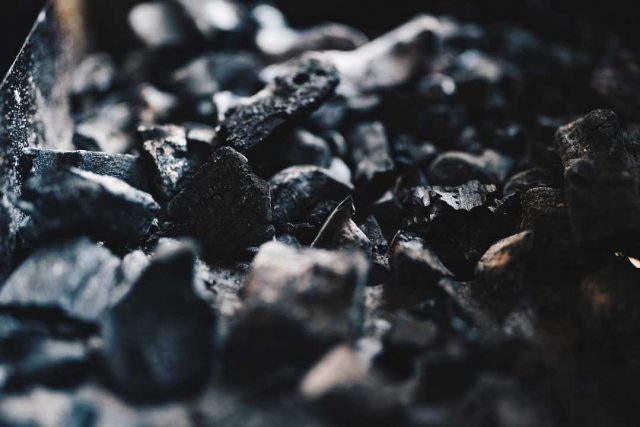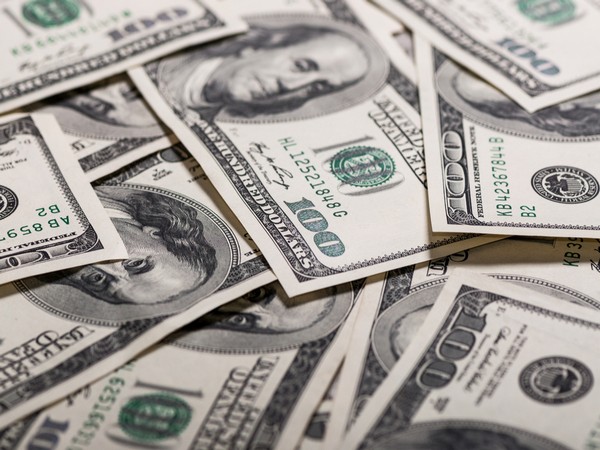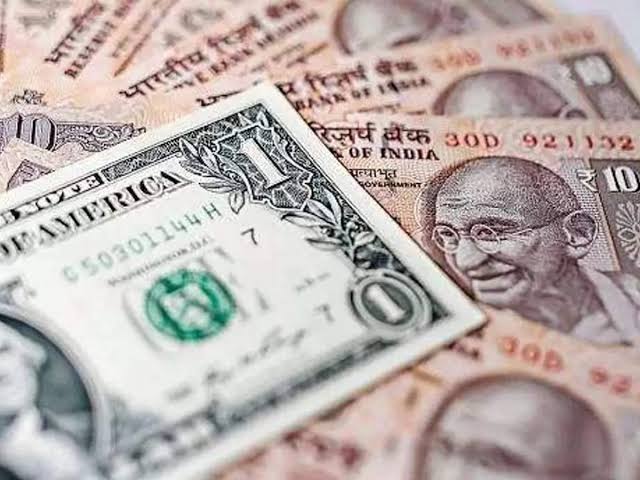Indian companies are swapping dollars for Asian currencies to buy Russian coal.

According to customs records and industry insiders, Indian firms are increasingly using Asian currencies to pay for Russian coal imports rather than the U.S. dollar, reducing the danger of violating Western sanctions on Moscow. Significant Indian coal sales involving the Chinese yuan were previously covered by Reuters, but the customs statistics highlight how non-dollar settlements are more widespread.
Since the start of the conflict in Ukraine, India has aggressively increased its imports of Russian coal and oil, helping to protect Moscow from the consequences of sanctions and enabling New Delhi to get raw resources at a lower cost than supply from other nations.
As a result, Russia surpassed China to become India’s third-largest coal supplier in July as imports increased by a record 2.06 million tonnes compared to June. According to a summary of transactions compiled by a trade source based in India using customs documents and shared with Reuters, Indian buyers paid for at least 742,000 tonnes of Russian coal in June using currencies other than the U.S. dollar.
This amount represents 44% of the 1.7 million tonnes of Russian imports that month. According to separate customs papers examined by Reuters, Indian steelmakers and cement producers recently purchased Russian coal using the United Arab Emirates dirham, Hong Kong dollar, yuan, and euro.
In June, 31% of the non-U.S. currency payments for Russian coal were made in yuan, and 28% in Hong Kong dollars. According to the statistics from the trade source, the euro represented less than a quarter of the total and the Emirati dirham almost a sixth.
Emails sent to the Indian Ministry of Finance, which oversees the customs board, seeking comment on the papers were not returned. A response was rejected by the Ministry of Commerce and Industry. Furthermore, inquiries for a response from the Reserve Bank of India were not answered.
The RBI has permitted payments for commodities in the Indian rupee, a measure that it anticipates would increase bilateral commerce with Russia in its currency. According to merchants, the U.S. dollar has been the main currency used to import commodities into India, and the majority of the nation’s foreign exchange reserves are held in the dollar.
Lenders could have to pay dollars to bank branches in the nation of the original currency or banks they have ties to, in return for that currency to settle agreements in a currency other than the dollar.
The dollar remained at a distance.
The proportion of non-dollar transactions for Russian coal is expected to rise as banks and other parties look for ways to protect themselves from any further tightening of sanctions, according to two traders based in India who buy coal for domestic customers and a trader based in Europe who deals with Russian coal. For Indian businesses, using the dollar to purchase Russian coal is lawful.
Using ship tracking information and by speaking with a private customs agent based in India, Reuters was able to confirm customs documents for four of the 11 vessels in the summary of Russian coal trades in June provided by the trade source, which showed payments made using the yuan, euro, and the Emirati dirham.
Two trade sources familiar with the transactions verified that the yuan and the Hong Kong dollar were used to pay for three more boats in the 11 trades included in the trader’s report. According to the two sources, Jindal Steel and Power Ltd (JSPL) (JNSP.NS) bought 79,721 tonnes of so-called PCI coal in one of those three agreements, utilising the vessel Zheng Kai from Russia’s Ust-Luga port using yuan.
A customs document dated June 15 revealed that rival steelmaker ArcelorMittal Nippon Steel India imported 35,000 tonnes of Russian anthracite coal using euros. Through July, non-dollar imports persisted.
According to Reuters’ assessment of two Indian customs documents from last month, Indian businesses arranged to pay for Russian coal using Hong Kong dollars and Emirati dirhams. According to a customs document dated July 20, JK Lakshmi Cement of India (JKLC.NS) imported 10,000 tonnes of Russian thermal coal on the bulk carrier Ada. The invoice, which was worth 14.62 million Emirati dirhams ($3.98 million), was arranged by trader Swiss Singapore. Attempts to reach JK Lakshmi for comment by phone or email were unsuccessful. The Indian multinational Aditya Birla Group owns Swiss Singapore. Requests for comment were not answered.
Another customs document dated July 20 revealed that 25,000 tonnes of Russian thermal coal were imported by Indian coal broker Chettinad Logistics from Singaporean trader Avani Resources and paid for in Hong Kong dollars. Reuters’ inability to reach Chettinad Logistics by e-mail An email for comment from Avani received no response.
edited and proofread by nikita sharma




